How can the Government protect aid workers from the threat of violence?

We are currently experiencing the most significant and prolonged humanitarian crises. However the nature of crises has changed; from natural disasters to man-made armed conflicts.
These conflicts are now the main causes of displacement, poverty and gender-based violence. The UN recently estimated that 139 million people worldwide were in acute humanitarian need.
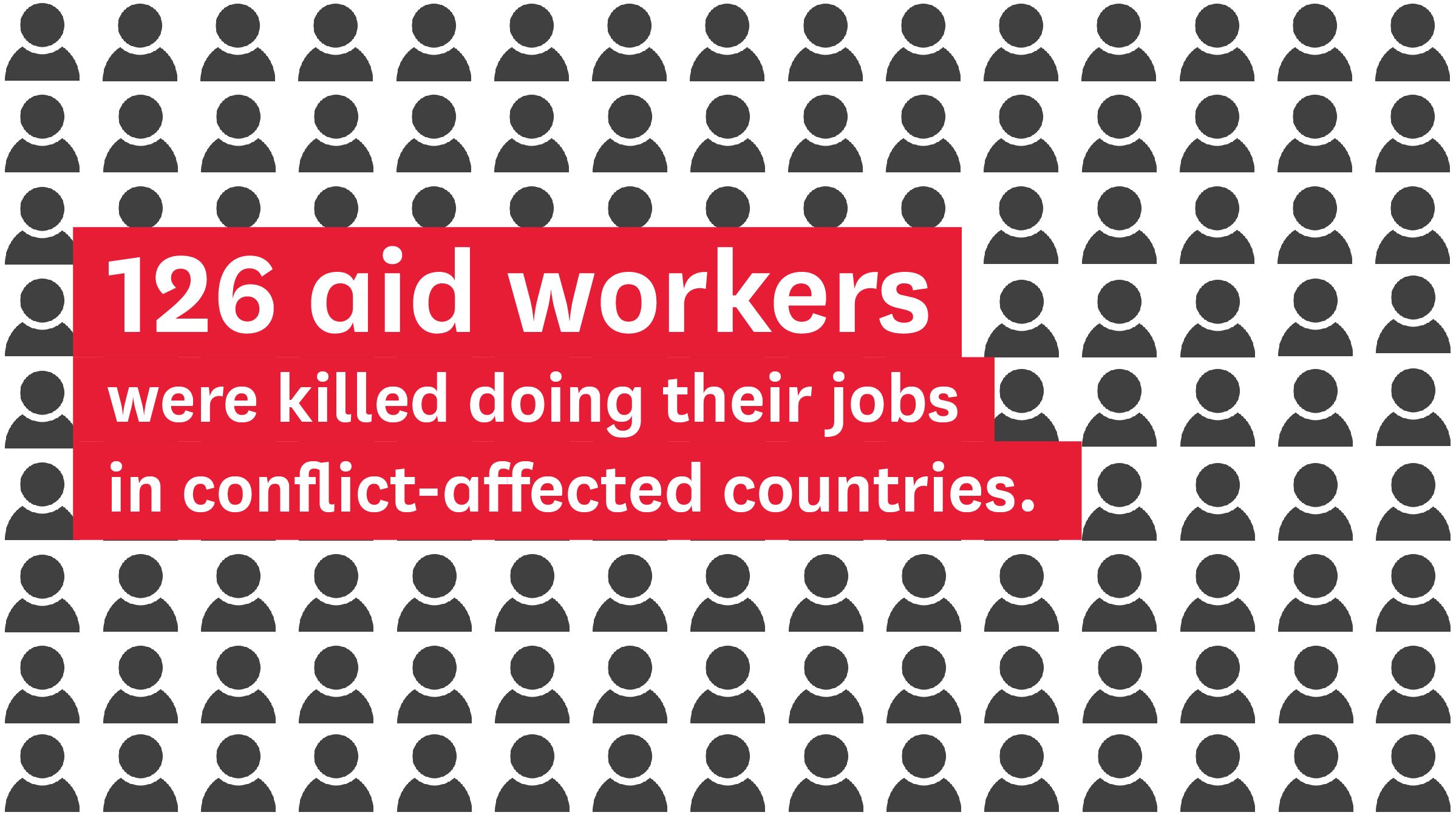
In the same year (2018) attacks on health care killed at least 167 people.
Violence is not only causing unacceptable loss of life and injury but threatens the continued operation of humanitarian relief programmes.
Apart from the immediate human suffering, attacks on aid and health care operations can deprive those most in need from accessing humanitarian aid and essential health services, and jeopardize global efforts to stop and contain the spread of dangerous diseases such as Ebola and eradicate Polio.
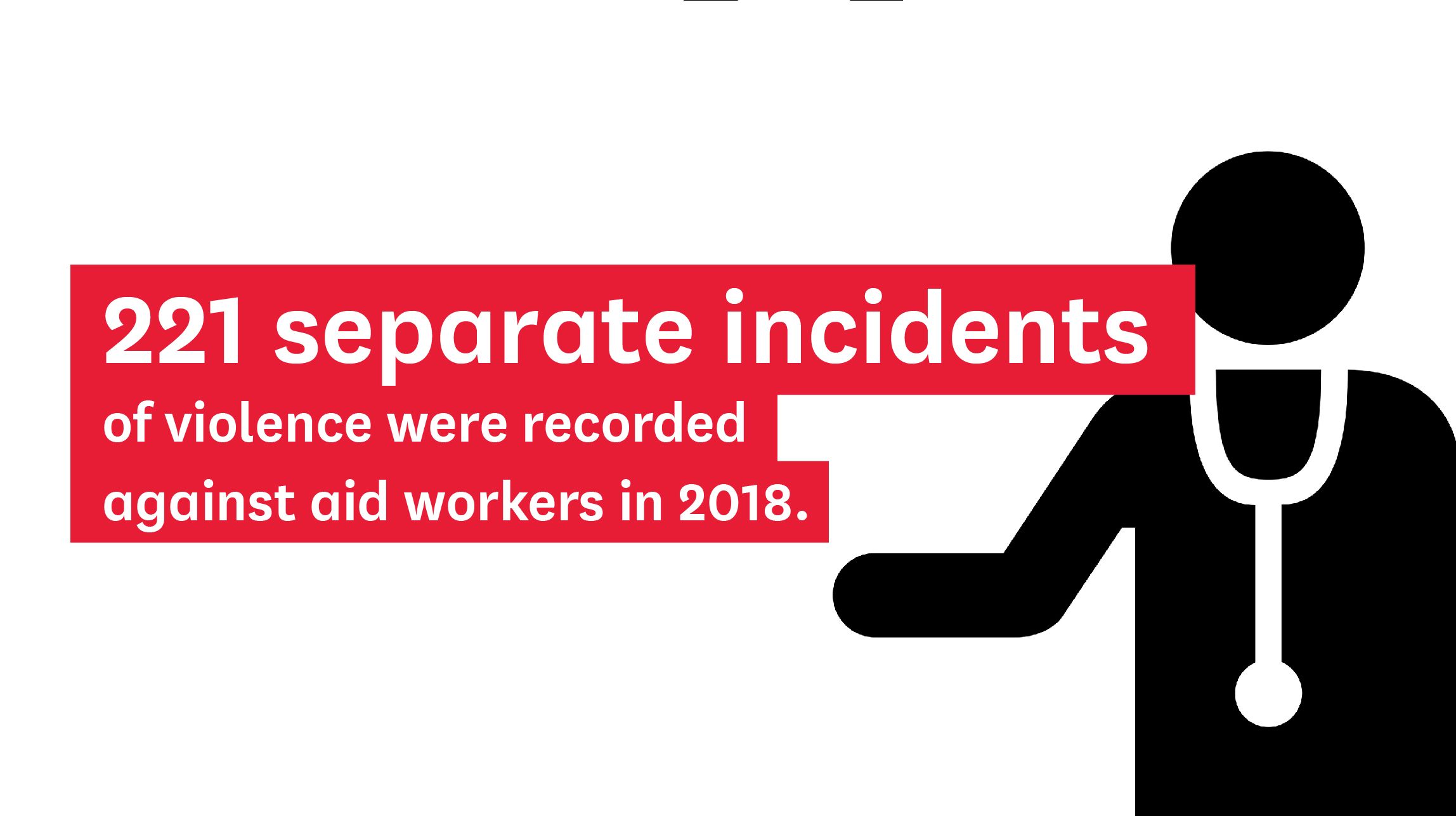
We, MPs on the International Development Committee wanted to know what was causing this increase in violence towards aid workers and what the Government can do to mitigate the problems, so we launched an inquiry.
Having heard from a variety of witnesses, we salute the efforts of humanitarian workers to provide essential support, and longer-term development.
The occurrence, threat and perception of violence inevitably harms these efforts in a number of ways:
- There is the obvious and immediate injury and loss of life amongst a community of volunteers and professionals;
- Attacks on providers of aid and health care hamper, interrupt or simply stop those most in need from receiving vital assistance and essential health services.
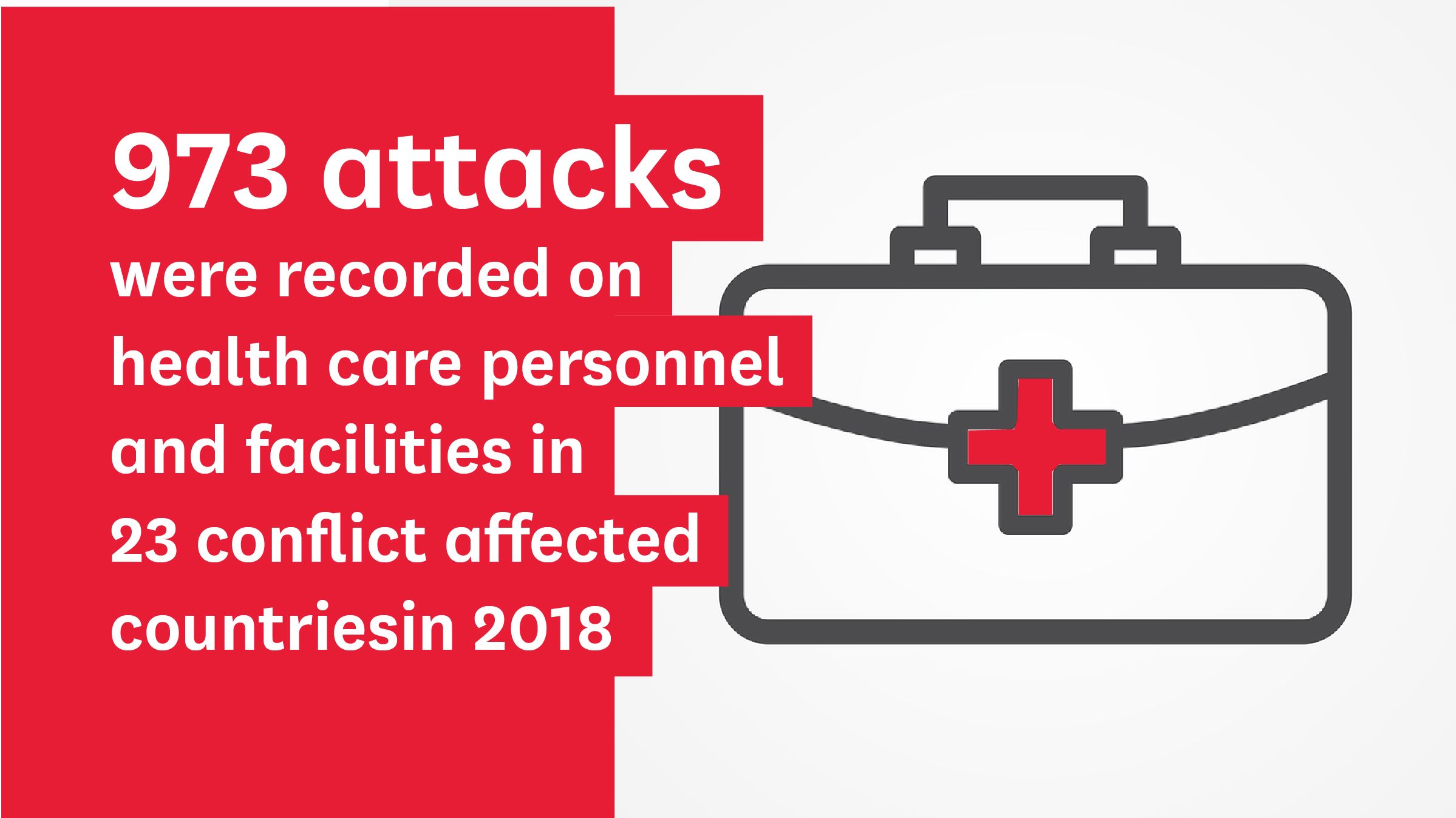
Three changes the Government must make to reduce violence against aid workers
1. Take a stand
The UK should take a stronger stance within the international community to promote and support the pursuit of accountability for violations of international humanitarian law.
2. Gain acceptance
The Department for International Development (DfID) should focus resources on developing and supporting a suite of effective approaches to relationship-building and trust-establishment with local host communities to try and avoid and/or break the cycle of suspicion and threat that appears guaranteed to lead to hostility and confirm any negative narratives coming from opposition forces.
3. Duty of care
Measures by aid agencies to secure the safety and security of their staff can result in the transfer of risk to local delivery organisations. When screening bids for aid funded programmes and projects, DfID should take fuller account of the duty of care owed to agency personnel, as well as downstream delivery partners, to prevent the transfer of high levels of risk for the sake of lower costs.
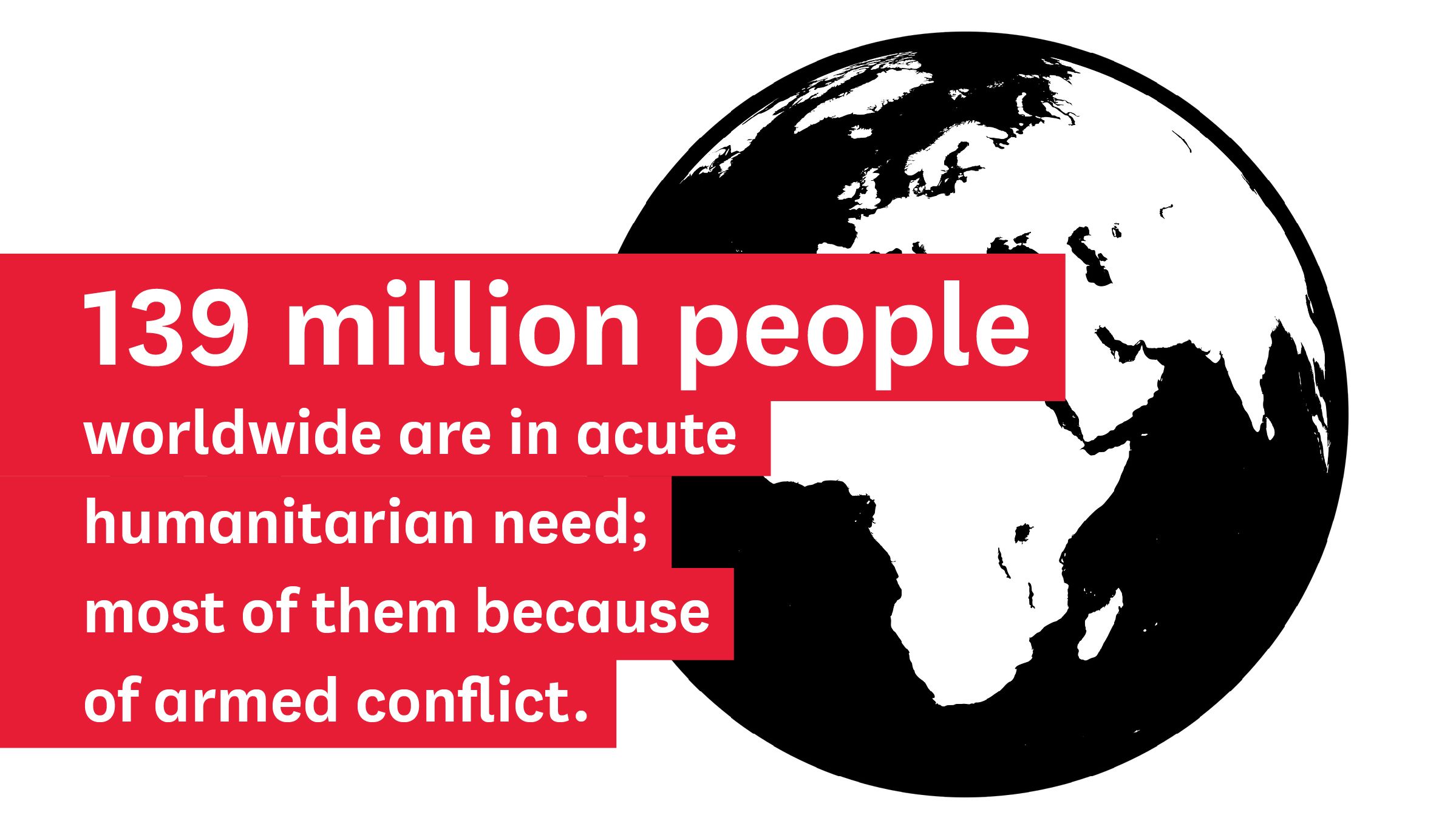
The Government must now respond to our report
Our report, 'Tackling violence against aid workers', was published on 6th August 2019, and the Government has two months to respond to our recommendations.
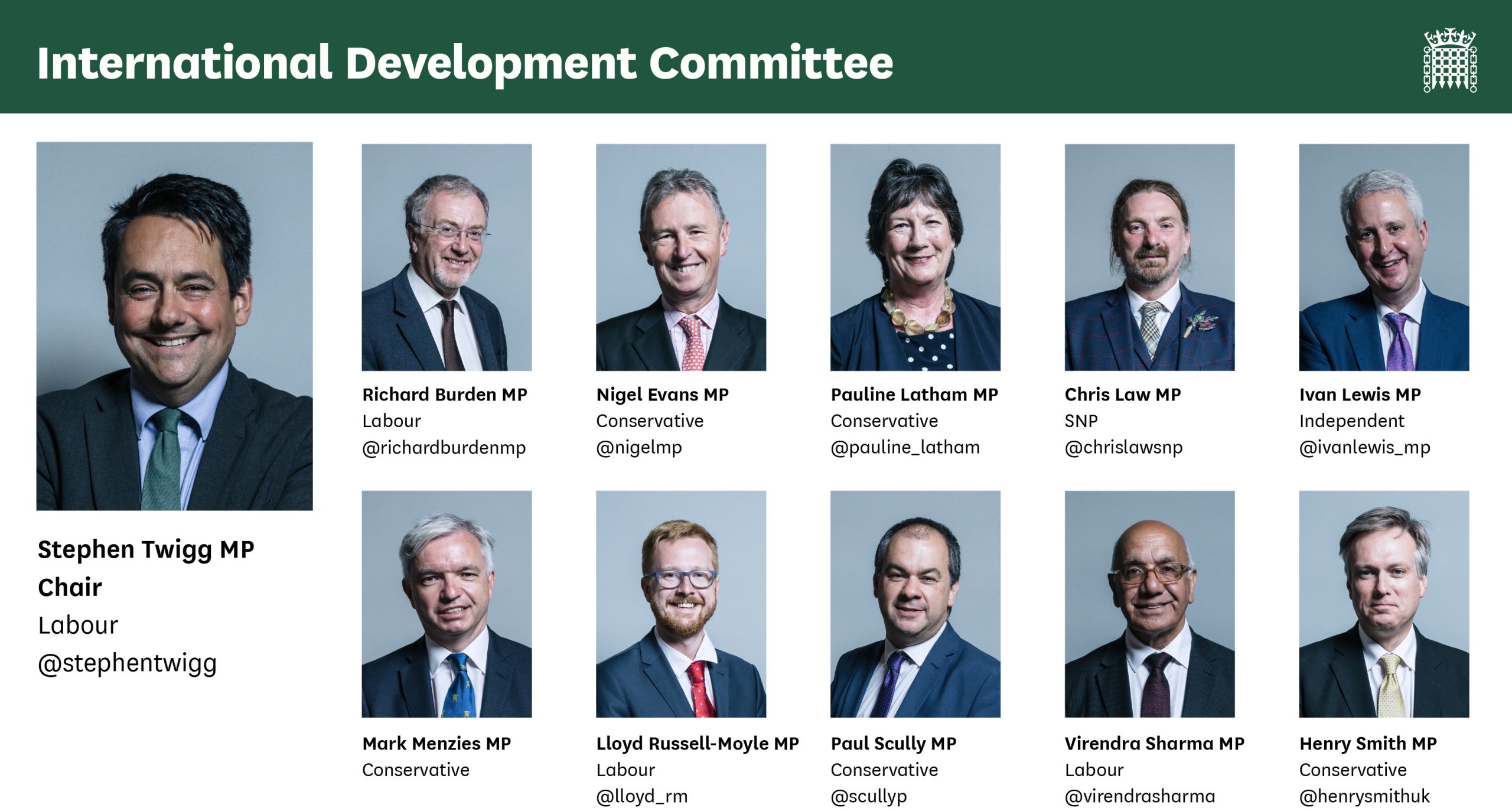
Detailed information from our inquiry can be found on our website.
If you’re interested in our work, you can find out more on the House of Commons International Development Select Committee website. You can also follow our work on Twitter.
The International Development Select Committee is a cross-party committee of MPs that scrutinises government policy.
